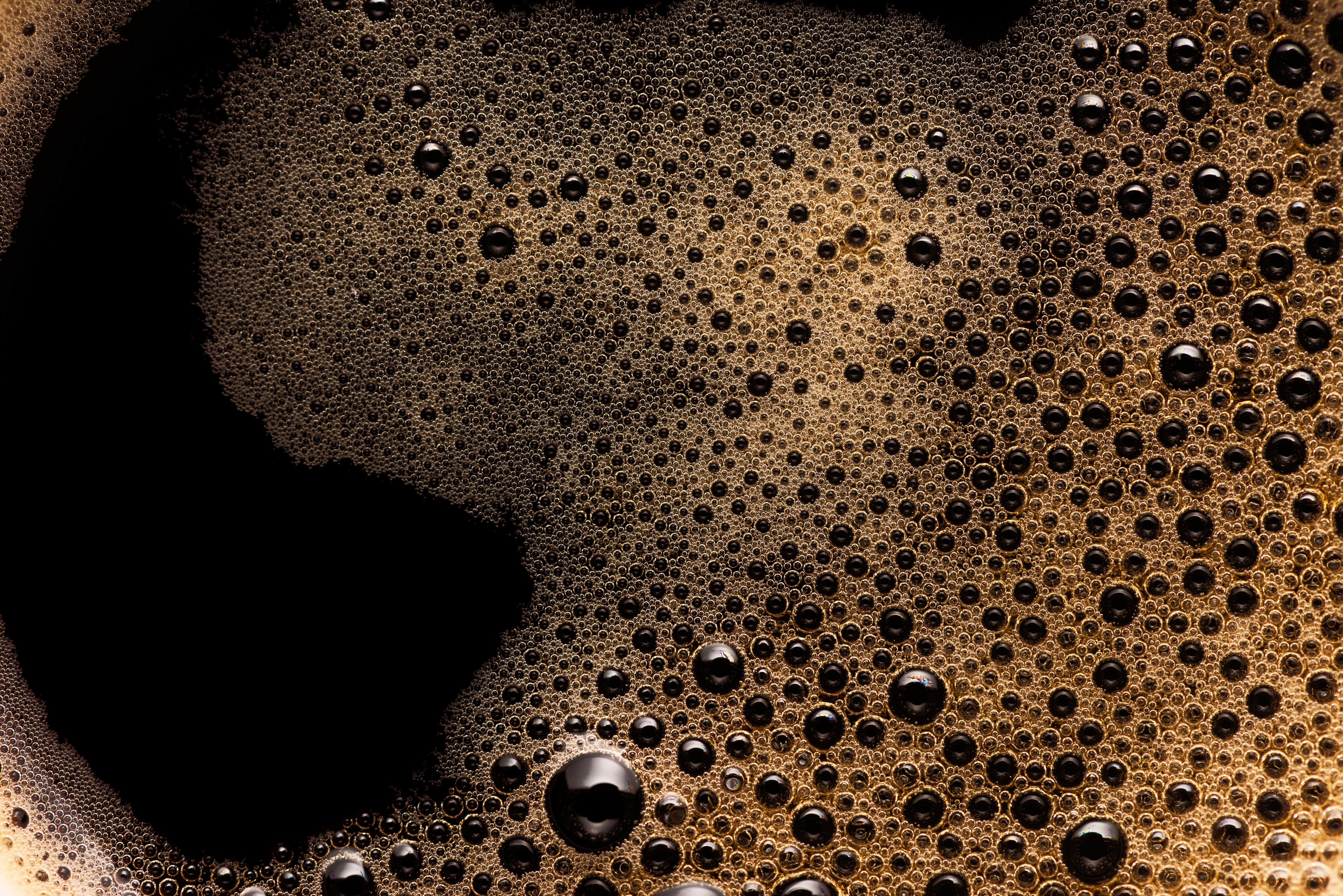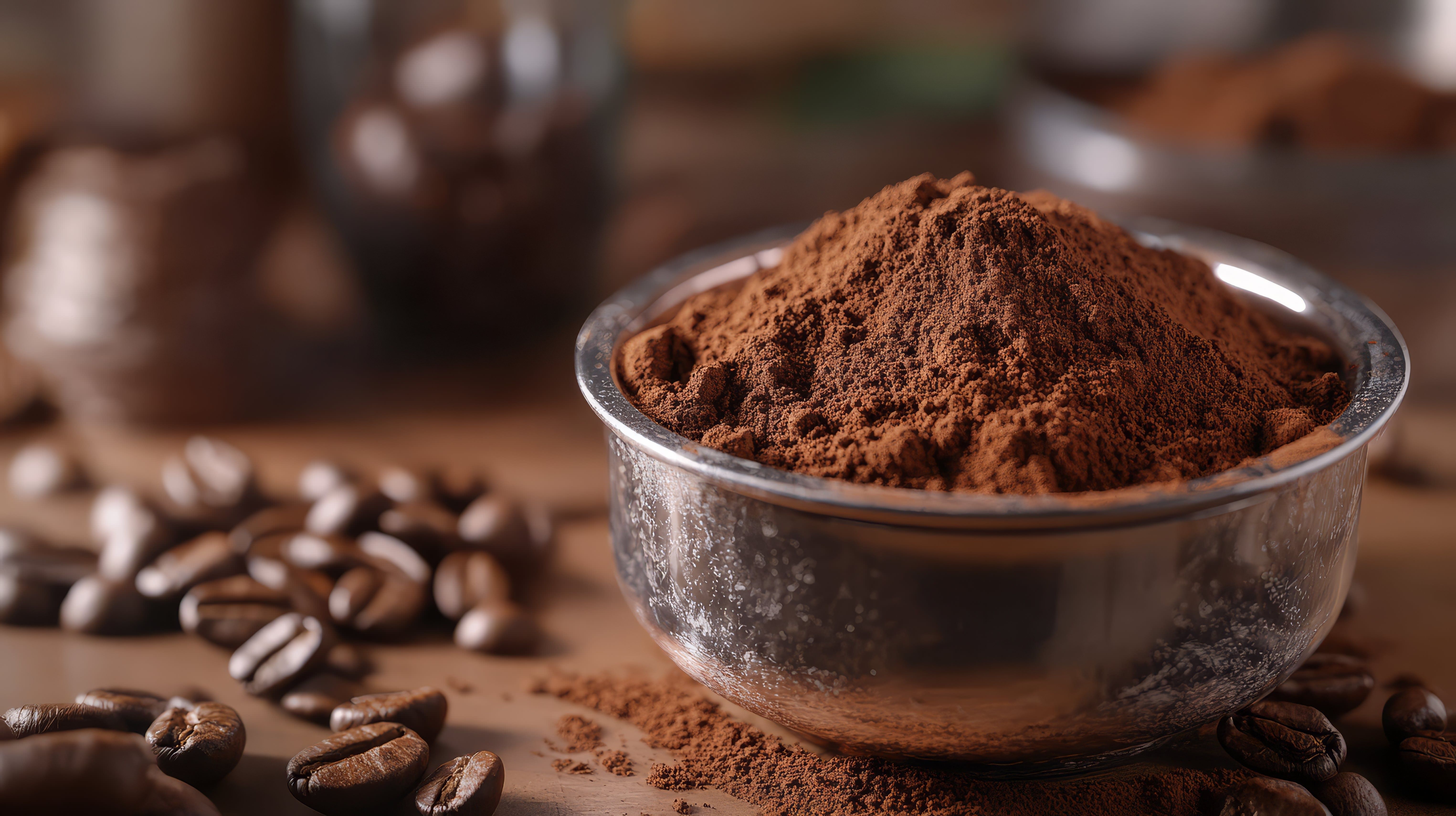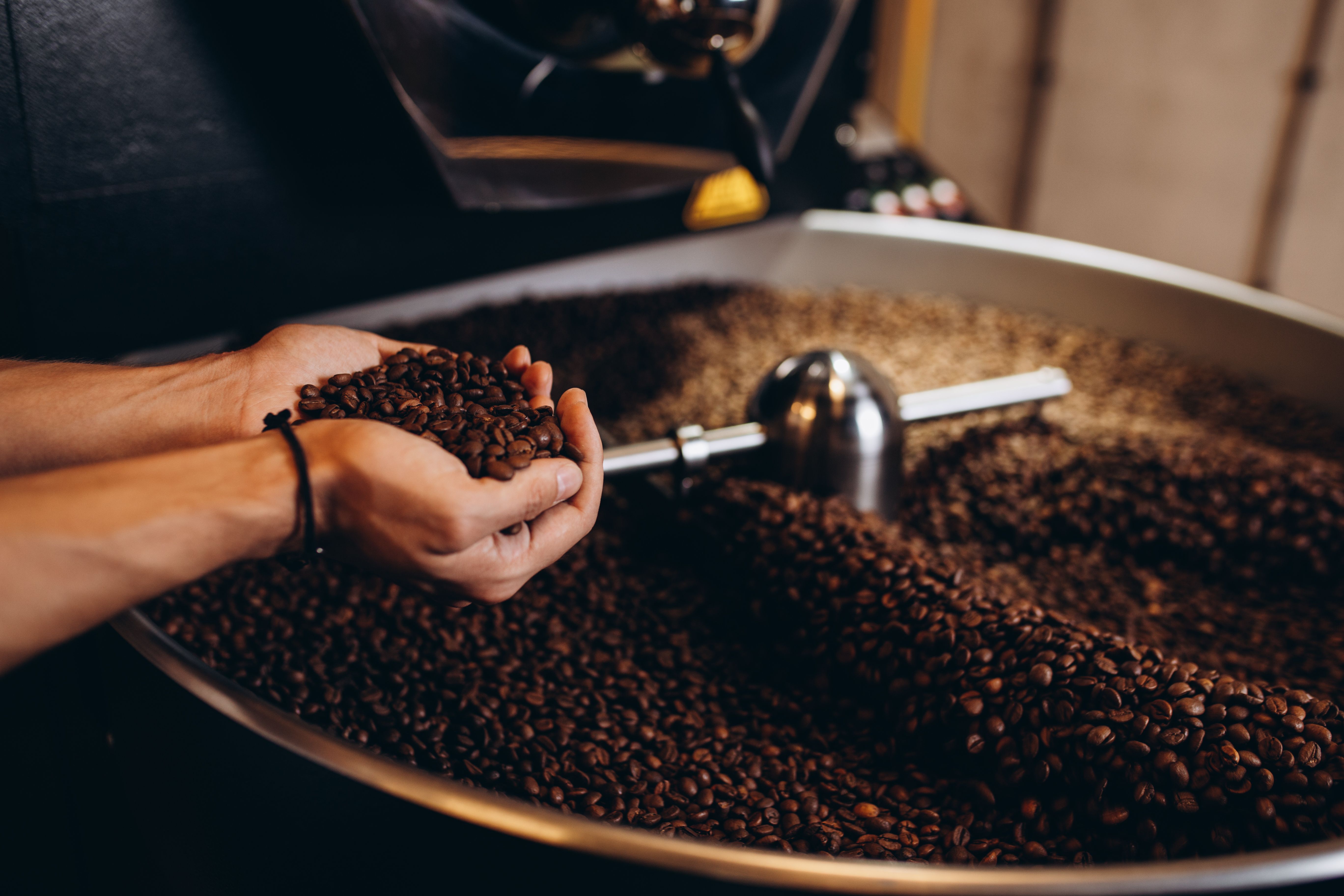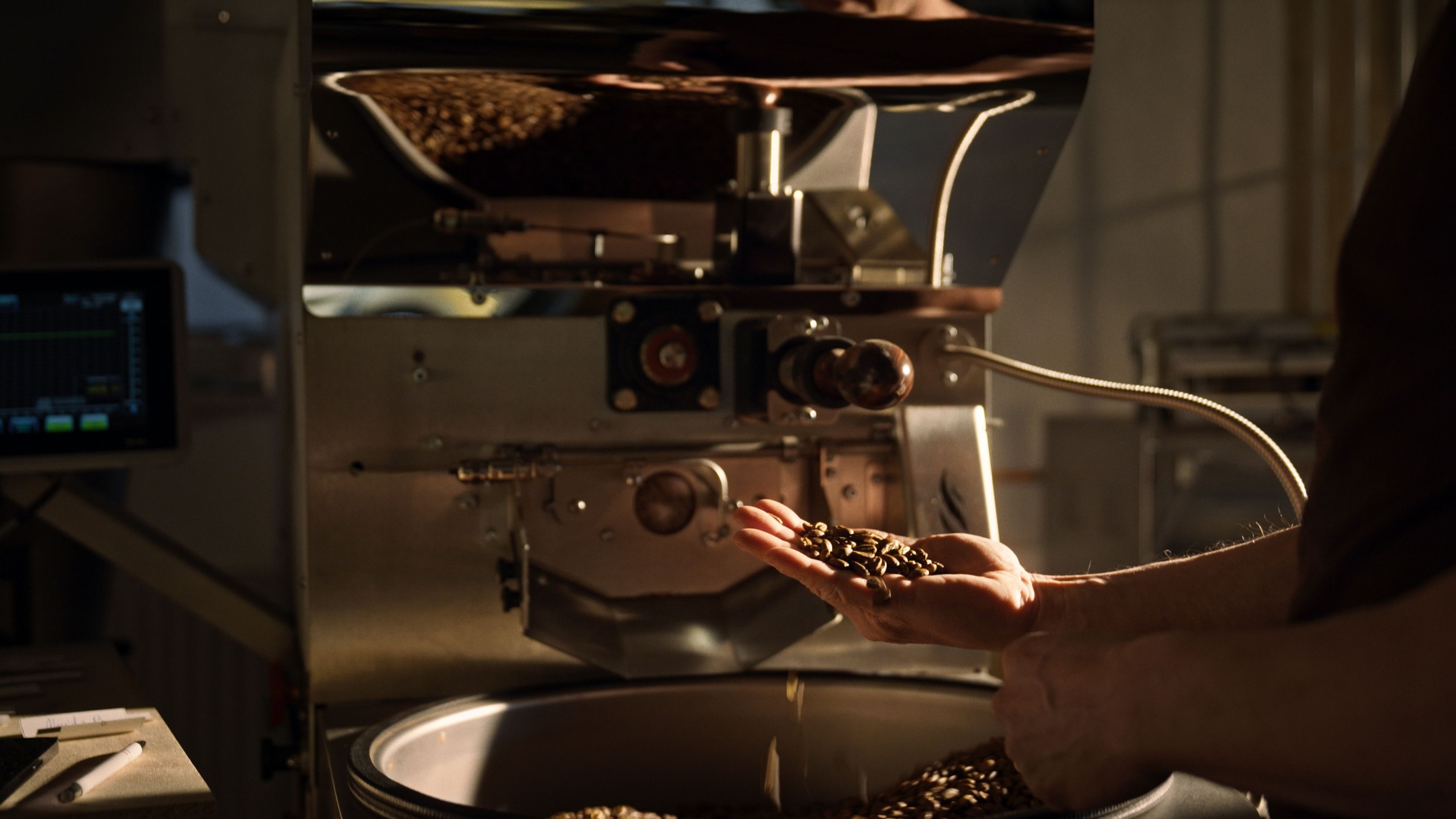Is Decaf Coffee Healthier?
Last updated: November 2025
Introduction: Why Decaf Coffee Matters
Decaf coffee has become a popular choice for people who enjoy the taste and ritual of coffee but want to limit their caffeine intake. Whether you're sensitive to caffeine, want to improve your sleep, or simply prefer a gentler cup later in the day, decaf offers a satisfying alternative without the intensity of regular coffee.
This guide explains what decaf coffee is, how decaf coffee is made, the benefits of decaf coffee, the differences between decaf coffee and decaf tea, how much caffeine remains in both, and how to choose the best decaf coffee for your lifestyle.

1. What Is Decaf Coffee?
Decaf coffee is coffee that has had 97% or more of its caffeine removed. The goal is to keep the flavour, aroma, and antioxidants of regular coffee while significantly reducing caffeine.
How Decaf Coffee Is Made
If you’ve ever wondered how decaf coffee works or how do they make decaf coffee, here are the main methods:
- Swiss Water Process – chemical-free, used for natural and organic decaf coffee
- CO₂ extraction – efficient and preserves flavour
- Ethyl acetate process – uses naturally occurring solvents
These methods aim to protect the integrity of the decaf coffee beans while reducing caffeine content.
Popular Types of Decaf Coffee
- Decaf ground coffee
- Decaf iced coffee and decaf cold brew
- Best decaf coffee beans for home grinding
- Organic decaf coffee
- Natural decaf coffee options

2. Does Decaf Coffee Have Caffeine?
A common question is: Does decaf coffee have caffeine?
Yes — but only a small amount.
How Much Caffeine Is in Decaf Coffee?
Most decaf contains:
- 2–15 mg of caffeine per cup, compared to 70–140 mg in regular coffee
So if you're asking how much caffeine does decaf coffee have, caffeine in decaf coffee, or is there any caffeine in decaf coffee, the answer is: very little.
Does Decaf Coffee Keep You Awake?
Usually no — unless you’re extremely sensitive to caffeine.
3. Decaf Tea and Decaf Green Tea
People who choose decaf coffee often look for low-caffeine tea options as well.
What Is Decaf Tea?
Tea that has most of its caffeine removed.
Does Decaf Tea Have Caffeine?
Yes — typically 1–4 mg per cup.
How Much Caffeine in Decaf Tea?
Less than both decaf coffee and regular tea.
Decaf Tea Benefits
- Lower caffeine intake
- Gentler on digestion
- Hydrating
- Rich in antioxidants
Is Decaf Tea Good for You?
Yes — it preserves many beneficial plant compounds.
Is Decaf Green Tea Good for You?
Absolutely. Decaf green tea retains catechins linked to metabolism, heart health, and cognitive support.
4. Health Benefits of Decaf Coffee
If you’re looking into decaf coffee benefits or the benefits of decaf coffee, here are the main advantages:
1. Gentler on the Stomach
Decaf coffee is less acidic, making it a better choice for people with acid reflux or sensitivity.
If you’ve asked is decaf coffee acidic, the answer is: less than regular coffee.
2. Supports Heart Health
Studies indicate that both regular and decaf may help reduce the risk of:
- Heart disease
- High blood pressure
- Stroke
3. Reduces Caffeine-Related Anxiety
If caffeine causes jitters, nervousness, or heart palpitations, decaf offers a calming alternative.
4. Antioxidant Protection
Decaf contains:
- Polyphenols
- Hydrocinnamic acids
These compounds help reduce inflammation and oxidative stress.

5. Potential Downsides of Decaf Coffee
You may wonder is decaf coffee bad for you?
Overall, decaf is safe and healthy for most people, but here are some considerations:
1. Is Decaf Coffee Dehydrating?
No — decaf contributes to hydration.
2. Is Decaf Coffee a Diuretic?
Much less than regular coffee.
3. Can Decaf Coffee Cause Headaches?
Sometimes, due to caffeine withdrawal or sensitivity to processing.
4. Decaf Coffee Side Effects
Possible but uncommon:
- Mild digestive discomfort
- Slight flavour differences
- Tannin-related teeth staining
6. How to Choose the Best Decaf Coffee
If you’re searching for the best decaf coffee, here’s what to look for:
✔ Choose Swiss Water Process
Chemical-free and flavour-preserving.
✔ Buy Organic Decaf Coffee
Cleaner and pesticide-free.
✔ Select Fresh Decaf Coffee Beans
Provides the richest flavour.
✔ Pick Dark Roast Decaf Ground Coffee
Tastes bolder and more robust.
How to Make Decaf Coffee
You can brew decaf using:
- Espresso
- French press
- Pour-over
- Moka pot
- Cold brew
How Do You Make Decaf Coffee?
Exactly the same as regular — just with decaffeinated beans.
7. Why Water Quality Matters for Decaf Coffee
Great coffee — especially decaf — relies heavily on water.
Poor-quality water can create:
- Harsh or sour flavours
- Flat or bitter notes
- Over-extraction or under-extraction
- Chlorine taste
Using high-purity, mineral-balanced water reveals the full character and flavour of your good decaf coffee.

8. Upgrade Your Decaf Coffee with Bluewater Café Station™
The Bluewater Café Station™ ensures your decaf coffee tastes clean, smooth, and balanced by delivering:
- Ultra-purified, mineral-balanced water
- Removal of chlorine, PFAS, microplastics, heavy metals, and impurities
- Consistent extraction
- Cleaner flavour and aroma
- Better performance for espresso and brewed decaf coffee
Whether you enjoy organic decaf coffee, decaf iced coffee, or decaf ground coffee, Bluewater ensures a superior cup every time.
For more details, contact us at sales@bluewatergroup.com.
References
- National Coffee Association – All About Decaffeinated Coffee
- Healthline – Decaf Coffee: Good or Bad?
- Mayo Clinic – Coffee and Health
- Cleveland Clinic – The Health Benefits of Coffee
- Harvard Health Publishing – Does Coffee Help or Harm Your Heart?
- American Heart Association – Caffeine and Heart Disease
- British Heart Foundation – Decaf Tea & Coffee: Good or Bad?
- The Manual – How Decaf Coffee Is Made
- USDA FoodData Central – Caffeine Content Database
- Coffee & Health – Moderate Coffee Consumption & Cardiovascular Disease
- Nescafé – How Decaf Coffee Is Made
- The Spruce Eats – What Does Decaf Mean?
